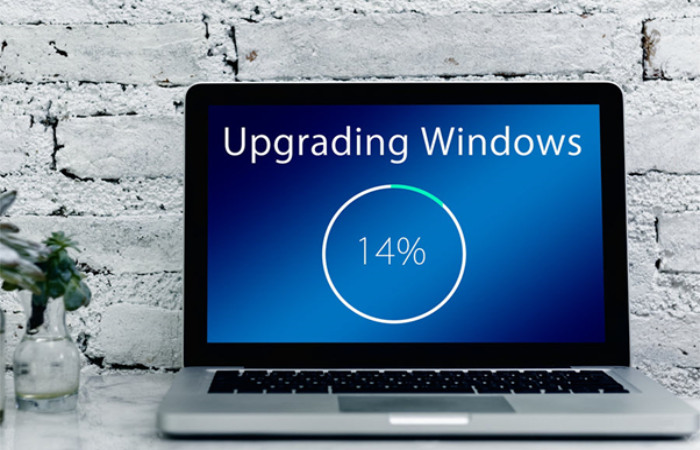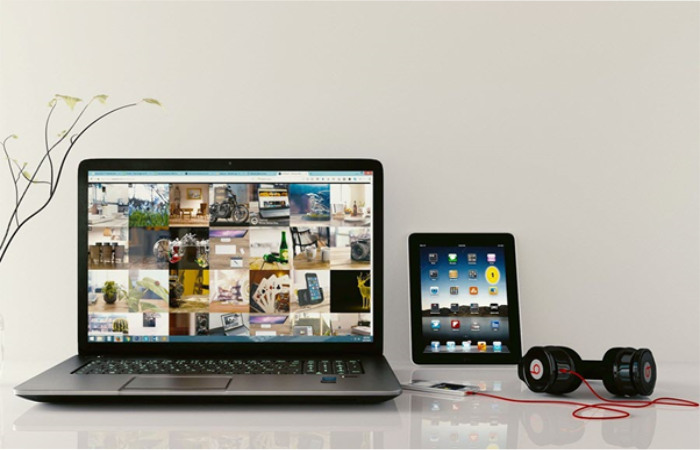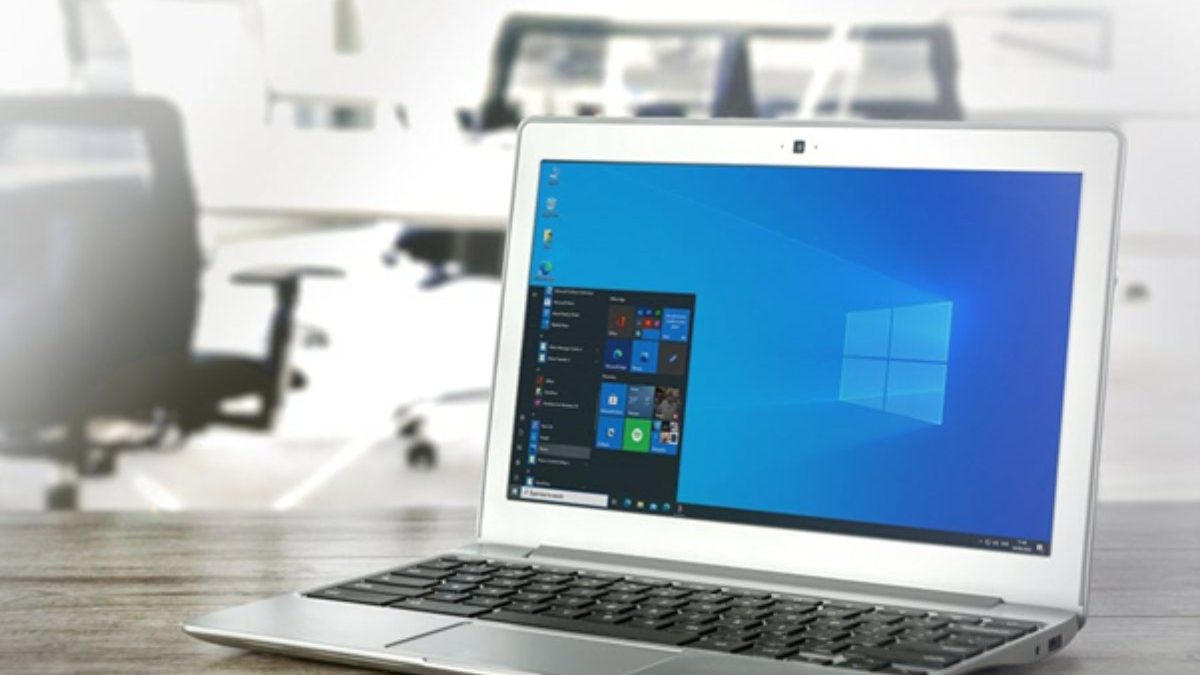Table of Contents
9 Tips to Improve PC Performance
People want their computer system to work flawlessly with a reasonable loading speed and smooth running. Proper and regular optimization is essential to prevent performance and system issues. If the slow computer is driving you out of your mind, take a proactive approach and work on finding a solution.
There are a few great tips to improve PC performance and save the costly repair service or replacement. These tips will help you in getting more things done easily.
Reduce Start-up Items
There are so many start-up items or apps that kick in immediately right after turning on the PC. Most of these items are of no use and even make your system boot up quite slowly. The PC’s booting speed can be enhanced to a great extent by cutting off start-up items.
Hit the Task Manager app and click the Start-up button. Disable the apps that look unimportant such as Adobe Acrobat or Google Toolbar Notifier.
Remove Non-Essential Apps
There are so many pre-installed apps and trial software on computers, but you might not require all of them. Also, there could be apps that you might have installed intentionally or unintentionally but are no longer required.
These programs consume the system’s memory. So, uninstall such apps in the Control Panel. You can also check the application memory Mac or Windows has to confirm that no unnecessary apps exist and that ample storage is available.
Run Latest Updates

A lack of the latest software updates might slow things on your computer. This could also make your computer more vulnerable to virus threats and cyber-attacks. Thus, check for the latest updates for Windows, programs, and device drivers.
If you receive any notification related to updates, don’t ignore them and do that straight away. Partner with a proactive IT Support provider to rest assured about essential updates.
Clean Computer Regularly
Alongside internal cleaning such as app removal, dust cleaning is also required for optimum PC performance. Dust on the circuit boards and computer vents can lead to overheating by stopping airflow.
An overheated processor slows down the computer’s speed and performance. So, regularly clean your computer to remove dust and dirt both internally and externally to enjoy a faster performance.
Run Virus Scan
While browsing the internet or downloading any file, there is a possibility that you get some virus on your system. Hence, regularly run virus scans to find the risk of any malware, spyware, or other threats.
Use Windows Defender software or install professional antivirus programs to find malware and remove any virus entered into your computer. Just make sure the software you are using doesn’t consume much space.
Page File Size Management
Windows use a paging file as a memory. The paging file is an available area on the hard disk. You can automatically manage the file size if you’re using Windows 11 for enhanced PC performance.
Turn on this feature by choosing Search and typing Advanced System in the search box. Choose View advanced system settings and then click Advanced & select Settings. Select Advanced in Performance Options and choose Change.
Rebuild Find Index

Sometimes opening an Explorer Window with thousands of files makes Windows take more time to show those files. This usually happens with problems in the file index of your computer.
To fix this issue, delete and rebuild the file index to boost up the search process of your PC. Access the Control Panel and click Indexing Options. Select Advanced and hit the Rebuild button. The time it takes depends on the number and size of files.
Install SSD Storage
Start-up SSD (Solid-State Drive) is highly recommended over the traditional hard disk drive. These drives take some of the pressure off the processor for enhanced booting and smoother running.
Most desktop computers nowadays are preloaded with SSDs. If you don’t have it, you can consider purchasing an external drive. This can be easily connected to your computer using a USB 3.0. Alternatively, move data to Cloud storage to enhance availability.
Clear Browser Often
Your browsing history or cache files can also hinder your PC performance. Therefore, it is important to clear the browser, as that helps in avoiding the use of old forms and ensuring data security.
Clearing browser history, cookies, and the cache will also remove address bar predictions, shopping cart contents, and saved passwords, so keep that in mind. Record any of these if it seems important.
The Conclusion
Personal computers being just a piece of technology, tend to run slowly over a certain time. There could be multiple reasons, such as malware entering your system, installing unnecessary apps, lack of memory space, and lots more.
To ensure your PC operates at peak performance, follow the above-mentioned tips to improve PC performance. Overall, these methods can help you avoid damaging your PC and get the most out of it.

